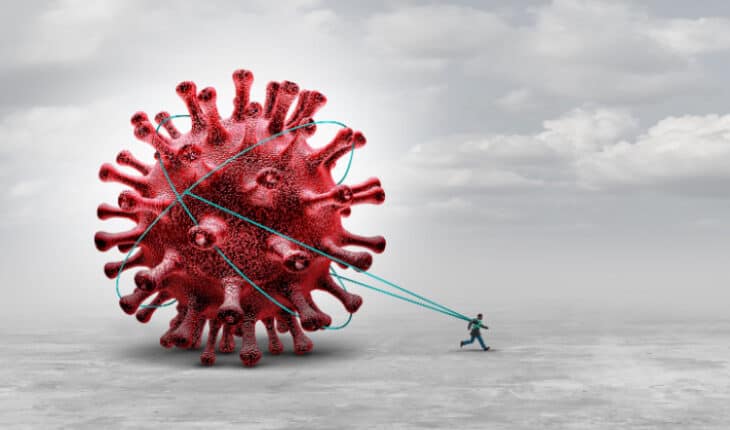Long COVID’s health impacts for Australia revealed in new study: Long COVID contributed to a substantial loss of health as a result of the 2021-22 Omicron wave in Australia, according to a new study.
Published in the International Journal of Epidemiology, the study, which is the first to comprehensively estimate long COVID morbidity using individual symptoms, examined cases from Australia’s 2021-2022 Omicron wave and separated long COVID risk by age, vaccination status, disease severity, and SARS-CoV-2 variant.
Long COVID contributed to approximately three-quarters of the non-fatal health loss from Omicron in the four months from December 2021 to April 2022. The greatest per-person long COVID health loss occurred for people hospitalised with a severe acute COVID-19 infection, and for people who were unvaccinated.
Importantly, however, the long COVID impact measured in this study was only 10 per cent of overall COVID-19-related health loss, inclusive of COVID-19 deaths.
University of Melbourne PhD candidate Samantha Howe, the lead author of the study, said the findings should not cause undue concern, but do highlight the need to consider long COVID in ongoing pandemic planning and response. This includes continued vaccination uptake, particularly for those at a high risk of severe infection, and support for those affected.
Howe also noted: “Our study focused on the initial Omicron wave in Australia, during which there was a relatively low risk of long COVID. Ongoing monitoring of emerging SARS-CoV-2 variants should involve examining potential changes to long COVID risk”.
The study also highlighted that further research is needed, as it is too early to know the full extent of COVID-19’s impact on chronic disease risk.
Ms Howe said: “Non-acute health loss from COVID-19 is potentially greater than we measured, given the link between the virus and chronic disease incidence, such as cardiovascular disease.”
- Gut microbiome could delay onset of type 1 diabetes - 3rd April 2025
- The da Vinci 5 Robot Is Set To Transform Bariatric Care: - 31st March 2025
- Beyond money: the hidden drivers fuelling child food insecurity - 31st March 2025






